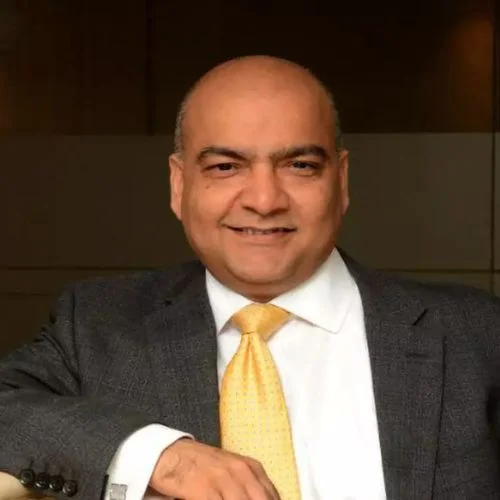The selection of financial technocrat Pan Gongsheng for a paramount political role at the People’s Bank of China (PBOC) exemplifies mounting concerns within China’s leadership regarding systemic hazards in the nation’s financial sector. As Pan is poised to take the reins from Governor Yi Gang, this move underscores China’s dedication to tackling challenges linked to local government debt and the deceleration in the property domain, which significantly contributes to the economy.
Pan’s repute as a risk-averse central banker and his extensive experience in financial regulation render him well-equipped to handle these issues and fortify against potential systemic calamities.
Presently serving as the central bank’s deputy governor, Pan Gongsheng has actively engaged in countering capital outflows and enforcing regulatory clampdowns on perceived financial menaces over the past decade. With his measured approach to policy easing, it is anticipated that Pan will adhere to China’s existing strategy of gradually supporting economic recovery. His appointment will empower him to implement pivotal financial policies and shield against systemic perils, particularly in the context of a decelerating property sector and economic uncertainties.
Throughout his tenure, Pan has assumed various pivotal roles, including China’s foremost foreign exchange regulator, where he oversaw the world’s largest foreign exchange reserves. He has taken a resolute stance against currency speculators, played a substantial role in state banking reforms, tightened property market regulations, and imposed restrictions on cryptocurrencies. Pan’s expertise, demonstrated through his research and academic affiliations with esteemed institutions like Cambridge University and Harvard University, bolsters his qualifications for the top position at the PBOC.
While the specific measures Pan will adopt to address financial risks are yet to be ascertained, analysts anticipate his emphasis on supporting the economy and curbing risks through macro-prudential rules. However, given the limited leeway for monetary policy maneuvering, Pan will encounter challenges in stimulating economic growth. China’s overall debt burden, coupled with sluggish household consumption and waning external demand, necessitates a cautious approach to ensure risk control remains a priority.
The ruling Communist Party’s decision to appoint Pan as the central bank’s party secretary is part of an ongoing effort to tighten party control over China’s financial system. This move follows the establishment of the Central Financial Commission, which oversees the PBOC and other financial regulators. While previous governors like Zhou Xiaochuan and Yi Gang held both governor and party secretary roles concurrently, the new structure aligns better with Pan’s risk-focused approach and curtails the PBOC’s policymaking abilities.
Pan Gongsheng’s appointment to a paramount political post at the PBOC underscores China’s escalating concerns over systemic hazards in its financial sector. With his extensive experience in financial regulation and risk management, Pan is well-positioned to address the challenges posed by local government debt and the deceleration in the property sector. His measured approach to policy easing and focus on curbing risks will contribute to maintaining stability and continuity in China’s financial policies. As Pan assumes his consolidated position of power within the PBOC, he will collaborate with new regulators and navigate the constraints imposed by the current economic landscape to safeguard against potential crises and support the country’s economic growth.
Read More-China’s Industrial Profits Continue to Decline, Prompting Calls for Policy Support















